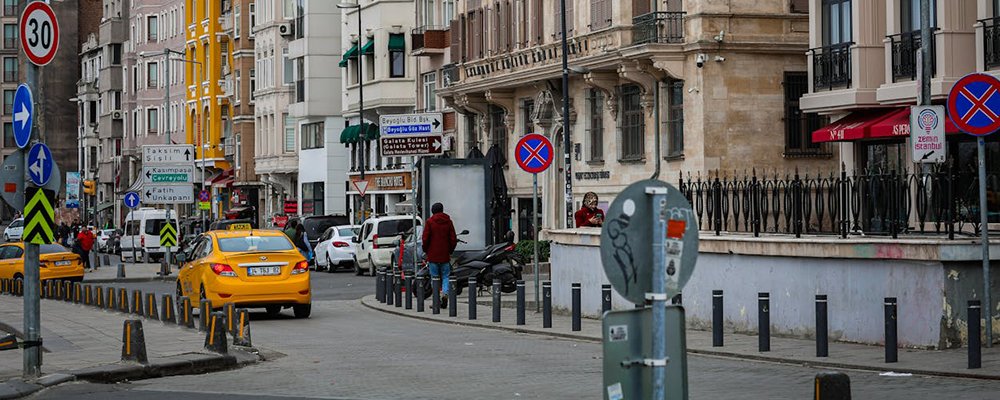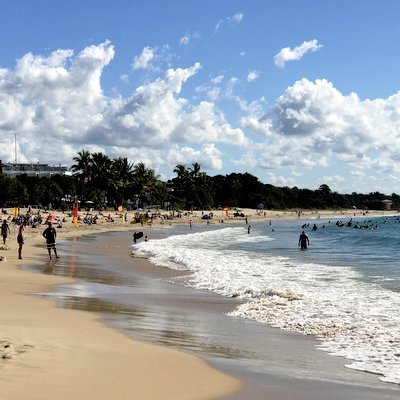When things spectacularly fall apart, they always seem to happen at the worst times, and usually abroad. So here are a few pointers to those situations and what you might need to do.
Accidents: Usually the most common type for travellers. Whether they are in traffic accidents or get injured, whether that’s being knocked down, falling over, or experiencing a crash landing in a paragliding incident, travellers should always be aware of their surroundings, what they have on them in terms of valuables and be resigned to placing their trust, at least temporarily, in the hands of strangers.
Arrest: Remember that you are merely a guest in someone else’s country, so you have to apply the laws of the land, even if they are somewhat contrary and old-fashioned to your country’s own. When you have been arrested, be prepared for anything. One of the best advice is to seek help from your Embassy or consular staff. They can only offer support and give you an idea of the legal maze you will be engaged in. Never admit anything without legal advice first. Ultimately, don’t commit crimes in the first place, and you won’t be getting used to the special suite at the local police station.
Crime: Your consulate and travel insurance are the backbone of your holiday. But when you become a victim of crime, then you need to contact the police, alert your hotel to the situation or get to hospital and get the hospital staff to contact the police. Next is contacting your Embassy to deal with the necessary issues, such as issuing you an emergency passport if you have lost it in a case of theft or robbery. Contact your bank if credit cards have been taken and police if valuables have also been taken. Ensure that you obtain a copy of the police report to claim on your insurance policy. If you are a victim of sexual assault, then you should contact the police, get to the hospital and call your consulate as soon as possible.
Hospital: If you are hospitalized for whatever reason, you should contact your insurance provider immediately. If you have a phone, store an emergency number for family to call or for hospital staff to contact. Again, your consulate should also be a point of contact.
Death: If you or a compatriot die, then authorities will usually contact your consulate; they will get in touch with your family and also help repatriate a body in liaison with your insurance provider. You will need all these contacts if you are in the unfortunate position of having to repatriate a spouse’s or companion’s body.

What they never tell you before travelling:
All the unfortunate incidents, while unplanned and unforeseen, require some context before travelling.
So ensure that you research before heading to a foreign country. Get your Embassy or consulate’s phone number tagged on your mobile and your contact information for your travel insurance provider, family, or friend.
Take an image of your passport, travel insurance details, and hotel details and store it on your phone. Better yet, have a printed copy of the above, including a family contact.
Take precautions – consider sending an email at a certain time so that loved ones are aware of where you are. Or leave a digital trail somewhere on the internet to indicate where you are or are likely to be at some point during your journey.
Ensure your insurance details are up to date and to hand in case of an emergency.
And, if you have one, make sure your will is up to date. Because you never what lies around the corner.
 Andy Probert is an experienced freelance business travel journalist and PR specialist.
Andy Probert is an experienced freelance business travel journalist and PR specialist.















